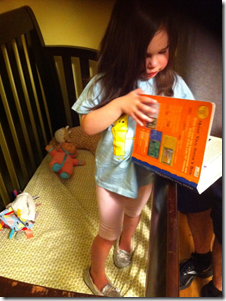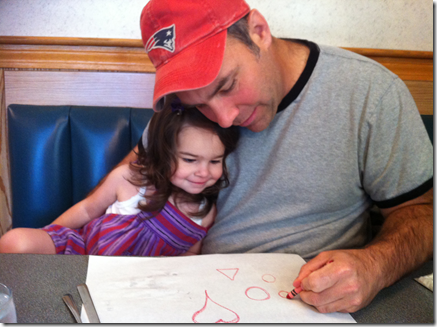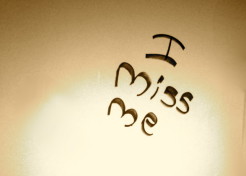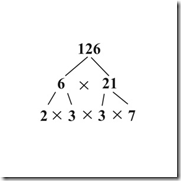A recent New York Times piece by Ann Carrns describes the new business called WeddingGiftRefund.com.
The site works like this. When you buy a wedding gift, you register on the Web site and upload an image of your receipt (you can also mail in the hard copy). You pay a fee of 8 percent of the purchase price. (For a $100 gift, that’s $8.) You dance happily at the wedding and leave your gift on the table. And then, you wait.
If the couple’s union endures, everyone’s happy — and you’re out a few dollars. If the marriage sours, however, and the couple divorces within 36 months, you can notify WeddingGiftRefund.com and get your purchase price back.
I’m not sure if I would ever bother to use the service, but it seems clever enough. My issue is not with the actual business model but with the first sentence of the article, which says:
Admit it. You’ve sometimes grumbled after buying a nice wedding gift, only to see the couple split up a year or two later.
No, I haven’t. Not once. Not ever.
This is because I am not one of these sick, materialistically minded, equity-in-gift-giving lunatics who maintain a mental inventory of the gifts given and received over the course of their lifetime. In the midst of a friend or family member’s oftentimes heart-wrenching divorce, what kind of twisted, self-centered, mean-spirited cretin would think for even a second about the wedding gift that they had given a year or two ago?
These are the kind of people who become outraged with friends and family members who fail to meet their monetary gift giving expectations.
There are the people who say things like, “We gave them $300 for their wedding, but they only gave us $150. Can you believe it?”
First, who bothers to keep track of this stuff?
Second, if equity in gift giving is required, why don’t we all just stop giving gifts and hold onto our own money?
Giving is supposed to be a generous act of the heart, given freely and without expectation of reciprocation.
But these gutter rats maintain mental balance sheets of the gifts that they have given and received. These are the people who not only take great umbrage when a friend forgets to send a thank you card for a gift they have given but actually think that it isn’t a thousand times more rude and disgusting to gossip about their friend’s faux pas to anyone who will listen.
I’m not saying these people don’t exist, because I have encountered them many times in my life, and I suspect that there will be customers for WeddingGiftRefund.com. But I’d like to think that these vile forms of human protozoa are the exception rather than the rule.
No, Ann Carrns, I have not once grumbled about giving a gift to a couple who divorces a year or two later, and I strongly suspect that the majority of my friends feel the same way.











